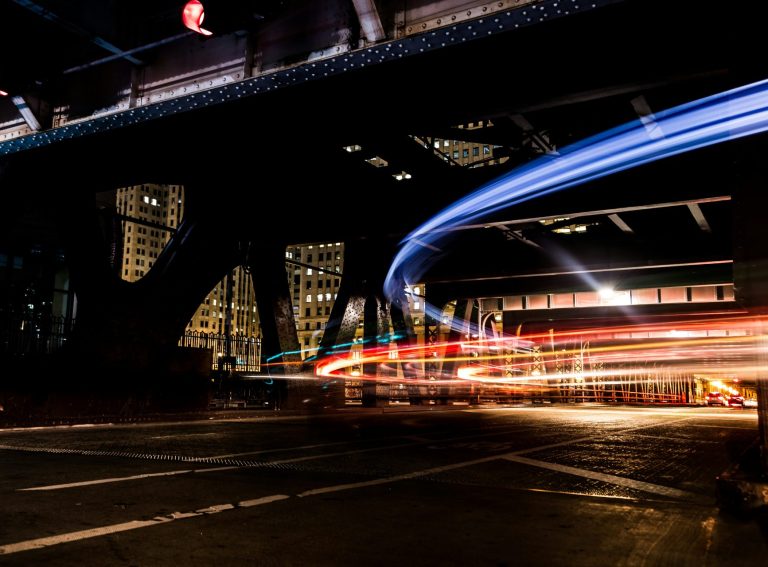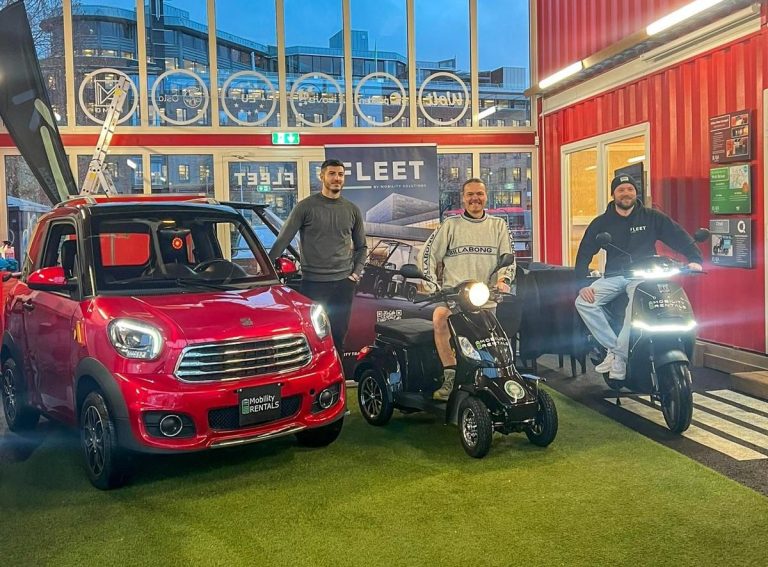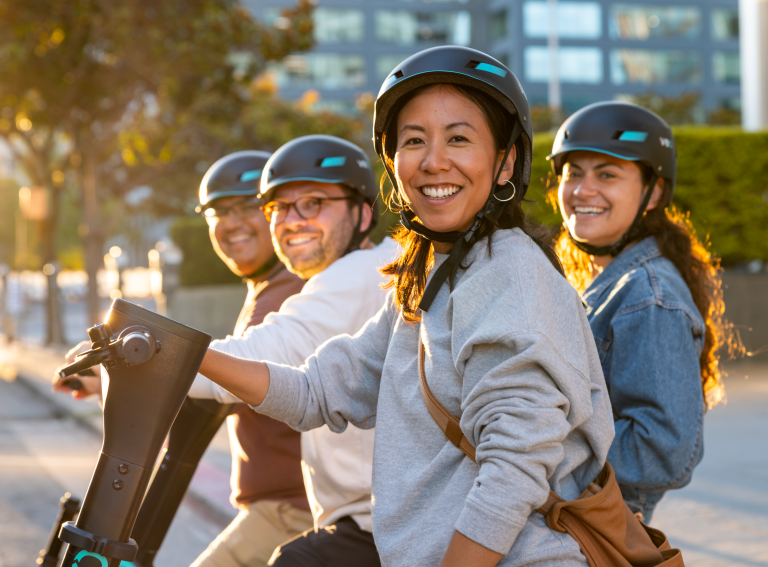Tatu Mäkilä is not your typical entrepreneur. After founding multiple businesses over 15 years, he has learned that success is not just about innovation but about timing, values, and having the right people by your side. In 2018, alongside co-founder Mikko Ampuja, Mäkilä launched Vapaus, a Finnish company offering bicycles as a service.
Mäkilä’s path to Vapaus was far from linear. A serial entrepreneur, he has been involved in multiple ventures, each teaching him about market needs, resilience, and business strategy. However, Vapaus felt different from the start. “If you start that many new ventures over that many years you change as a person,” he reflects. “Your value system evolves, and when you have children, that change becomes even more profound.”
Both Mäkilä and Ampuja welcomed their first children around the same time they founded Vapaus. “We did it the hardest way possible,” Mäkilä admits. “I wouldn’t recommend it to anyone.” But the experience reinforced their belief that Vapaus had to be about shaping a better future for their children and the planet.
Vapaus Precycled
From the outset, Vapaus was founded on two core principles: supporting the planet and supporting future generations. The company’s model: providing businesses with flexible, tax-friendly access to premium bicycles, encourages more people to switch from cars to bikes.
Innovation, according to Mäkilä, lies in the ‘Precycled’ concept, a built-in circular economy approach that allows users to return their leased bikes early, which are then refurbished and offered as high-quality second-hand options to new riders.
Bikes are returned to Vapaus for various reasons. This could be job changes, resignations, wrong frame size, and so on. All bikes returned to Vapaus for the Precycled programme are then thoroughly inspected and serviced. They come with a new insurance package and the right to switch or return the bike whenever an employee wants to do that. This means that a Vapaus Precycled bike will have the same service agreement as a newly-bought Vapaus benefit bike.
“Vapaus Precycled bikes are even better than new bikes because of the smaller co2 footprint and great value for money,” says Mäkilä.
“Broken components are collected, reconditioned, and brought back to life turning someone’s waste into something valuable and like new.”
The co-founder explains how this model was inspired by flaws in car leasing. “Traditional car leasing locks you into long-term commitments. We wanted to create a model that was both more sustainable and more flexible. You might end up paying big money for a contract you don’t want or need anymore. We built Vapaus differently to solve that problem.”
Precycled has been an integral part of the business from the very beginning. “We started it at the same time as launching the employee benefit bike scheme because we knew that circular economy models would be critical in the future. We were essentially co-creating a better model with our customers.
“I hope that a culture of reuse, repair, and regeneration will soon become the new normal, providing a cleaner planet for future generations. Our employee benefit bike and Precycled story is only one path on that journey.”
Today, hundreds of cyclists are using the service, though the Precycled business still accounts for less than 10% of the company’s total fleet. “Our goal is to get as many people on second-hand bikes as possible, but there’s still room to grow.”
Mäkilä believes that the second-hand market for e-bikes will only become more significant as society shifts towards circular economy principles. “If you think about the big picture, circular business models have to win. We only have one planet. We can’t continue doing things the way we always have. Second-hand bikes are just one example of a wider shift in how we think about ownership, resources, and sustainability.”
The right timing and the right people
Vapaus’ success is a product of demand, timing, and the right people. “Consumers want to make better choices for the environment, businesses want to be more sustainable, and regulation is pushing in the same direction,” Mäkilä says. With the recent EU Declaration on Cycling recognising bikes as a key mobility mode alongside rail and air travel, the timing for Vapaus has never been better.
The business has also benefited from changing taxation policies that encourage greener transport choices. “We haven’t received significant grants, but tax incentives favouring environmentally friendly mobility have helped. It’s a trend across Europe, and it’s only going to grow.”
For Mäkilä, the regulatory shift is crucial. “Cycling is finally being recognised as a serious mode of transport, and that drives infrastructure improvements, tax benefits, and ultimately, more people choosing bikes over cars.”
Mäkilä emphasises that a key ingredient in their ability to grow sixfold in two years lies in hiring people who share Vapaus’ vision. “We’ve been able to attract the right talent to our company who want to build a better planet together with us.”
Looking ahead, Mäkilä’s ambition is clear: to make Vapaus an international leader in bicycle-as-a-service. “Our mission is to create a million cyclists. The Finnish market alone isn’t big enough for that—we have to expand internationally.”
He is more confident in Vapaus than in any of his previous ventures. “With every business you build, you learn. You make mistakes, you adapt, and eventually, you figure out what works. Vapaus is the culmination of everything I’ve learned.”
For someone who has co-founded multiple companies that collectively raised over $100 million in growth funding, Mäkilä knows what makes a company thrive. “You need demand, the right people, and the right timing,” he says. “With Vapaus, we have all three. We know there is a demand for a circular economy, we know this is needed now more than ever, and we’ve been able to attract people who share that vision. That’s what makes the difference.”





